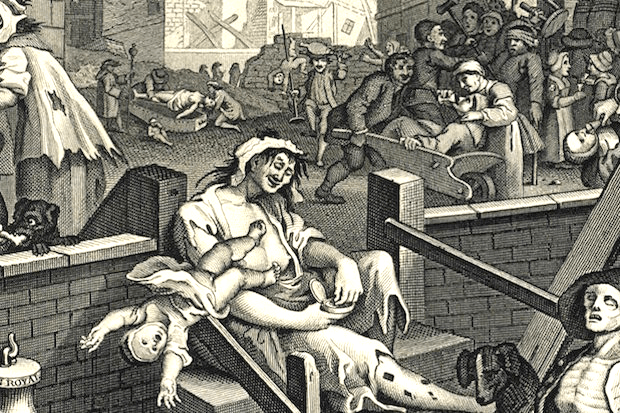One of the many old temperance beliefs that linger on in the field of ‘public health’ is known as availability theory. Put simply, this theory says that if you make alcohol more available, people will drink more and there will be more alcohol-related problems. As a result, the temperance/public health lobby always wants shorter opening hours and fewer licences.
The problem with this theory is that it doesn’t stand up in the real world. More licences can correlate with more drinking for the obvious reason that more shops will sell alcohol in areas of high demand (public health campaigners struggle with the ‘demand’ part of ‘supply and demand’), but increased availability is neither a sufficient nor necessary cause of higher rates of consumption, let alone of alcohol-related harm.
And so, while the anti-booze brigade insists that licensing restrictions are needed if we are to tackle alcohol-related violence, the World Health Organisation admits

Britain’s best politics newsletters
You get two free articles each week when you sign up to The Spectator’s emails.
Already a subscriber? Log in






Comments
Join the debate for just £1 a month
Be part of the conversation with other Spectator readers by getting your first three months for £3.
UNLOCK ACCESS Just £1 a monthAlready a subscriber? Log in